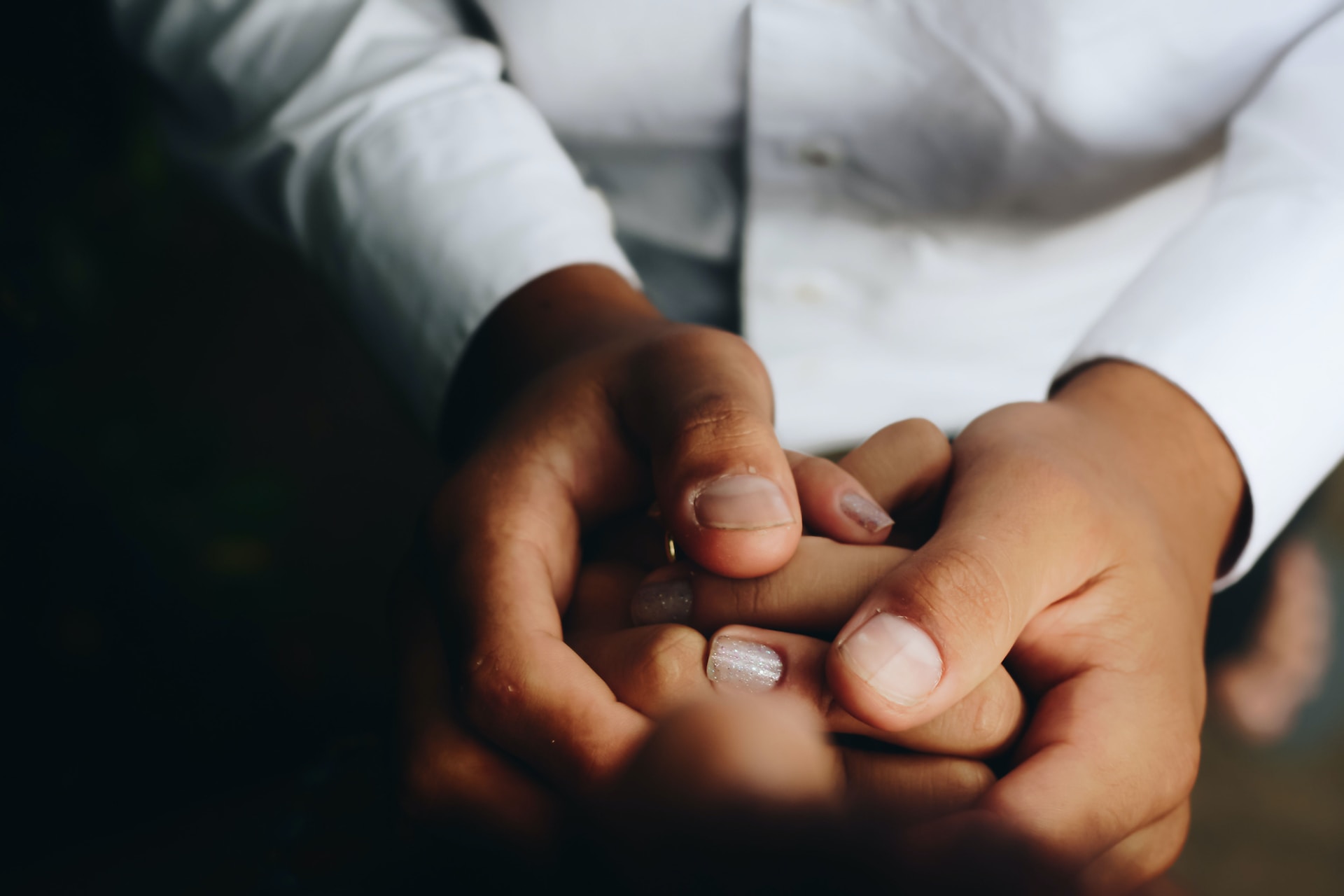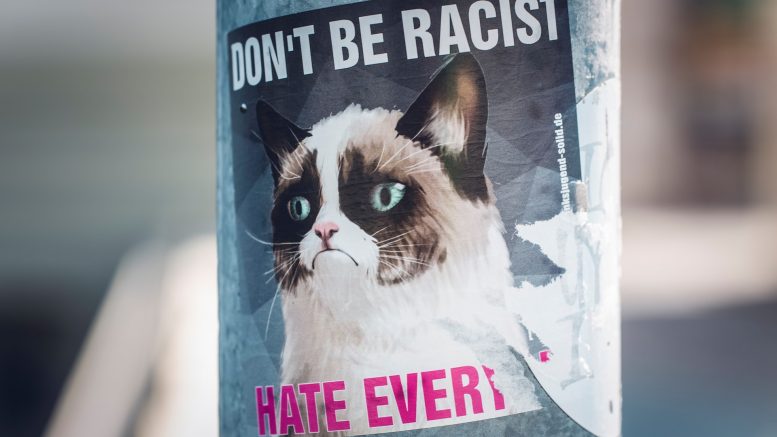In the aftermath of the brutal October 7 Hamas-led terrorist attack, which claimed 1,200 lives, mostly civilians, a shocking wave of antisemitism has swept through Georgetown University Medical School. This prestigious institution, known for its collaborative community and academic focus, is now grappling with a disturbing trend of divisive and incendiary social media posts by its medical students.
Incendiary Social Media Posts Spark Alarm
Jewish students at Georgetown, who comprise 3.8 percent of the graduate student body, have been deeply troubled by their peers’ posts on platforms like TikTok and Instagram. These posts not only mock the massacre but also propagate ancient antisemitic themes, such as claims of media control by Jews and justifications for the atrocities committed on October 7.
Fear Among Jewish Students
The gravity of the situation is such that Jewish students, fearing academic and professional repercussions, have chosen to remain anonymous or use pseudonyms while voicing their concerns.
A Wider Problem Across DC Universities
The issue extends beyond Georgetown, with students and professors at The George Washington University (GWU) School of Medicine also reporting a rise in overt antisemitism and anti-Israel sentiment. This worrying trend is particularly alarming considering these students’ future responsibilities in patient care.

Professional and Ethical Standards at Stake
Antisemitism in medical education raises serious questions about the ethical and professional standards expected of future physicians. Medical students are expected to base their practice on facts, academic discourse, and compassion. The spread of hate speech and antisemitic content starkly contradicts these values.
Historical Context of Antisemitism in US Medical Schools
This resurgence of antisemitism in medical schools is not without precedent. Historically, many US medical schools had quotas limiting Jewish student enrollment, a practice that continued until the 1970s. The current situation, however, is seen as potentially more harmful.
The Role of Universities in Combating Hate
Universities, including Georgetown and GWU, have a crucial role in ensuring their campuses are free of antisemitic hate and in upholding the integrity of the medical profession. The response to these incidents, including the restriction of certain student groups and the provision of support resources, reflects the institutions’ commitment to addressing these issues.
The Voice of Jewish Students
Jewish students, while advocating against antisemitism, seek equitable treatment akin to support for other marginalized groups. The burden of constantly having to advocate for their community in addition to their studies has been a taxing experience for many.
Conclusion
The rise of antisemitism at prominent DC medical schools in the wake of the October 7 attack poses a significant challenge. It tests the commitment of these institutions to fostering an inclusive environment and raises concerns about the impact of such hate on the future of medical practice. As medical professionals, the students are called upon to stand against hate in all forms, ensuring that their future practice is guided by principles of empathy and inclusivity.
©unityus.org

